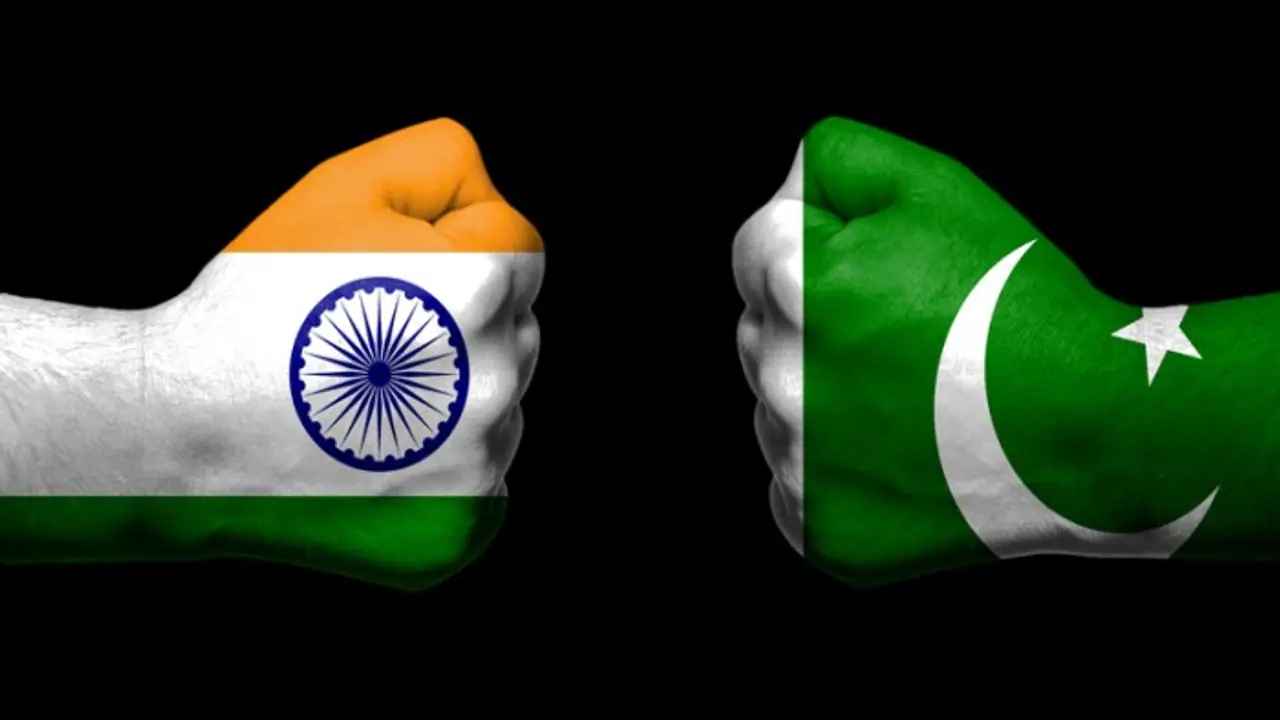India has imposed a sweeping import ban on Pakistani goods, including indirect trade via third countries, after the Pahalgam terror attack. The move aims to choke off $500 million in rerouted imports and reinforce national security.
In a powerful economic move after the Pahalgam terror attack, the Indian government has completely banned the import of goods from Pakistan—not just directly, but also indirectly through third countries like the UAE, Sri Lanka, and Singapore.

The policy shift, made official through a May 2 notification by the Directorate General of Foreign Trade (DGFT), tightens a trade loophole Pakistan had used for years to send goods into India despite frozen bilateral trade.
What has changed?
The DGFT amended the Foreign Trade Policy (FTP) 2023, inserting a new clause under "Prohibition on Import from Pakistan." It reads: “Direct or indirect import or transit of all goods originating in or exported from Pakistan, whether or not freely importable or otherwise permitted, shall be prohibited with immediate effect, until further orders.”
This means that even if goods are repackaged or routed through intermediary countries, if their origin is Pakistani, they are now blocked from entering India.
Why this move now?
The decision comes in the wake of the April 22 Pahalgam terror attack, which killed 26 people. This is the second major non-military retaliatory step India has taken, after limiting visa access for Pakistani nationals. According to government officials, the new import restrictions are designed to cut off every possible route Pakistan-based exporters might use to enter the Indian market and to send a firm message in the context of national security.
A long decline in trade
India and Pakistan's direct trade relationship has been deteriorating since 2019. After the Pulwama attack that year, India imposed a 200% customs duty on Pakistani goods and revoked Pakistan’s Most Favoured Nation (MFN) status. Islamabad responded by suspending bilateral trade when India abrogated Article 370 in Jammu and Kashmir.
As a result, trade fell from $2.5 billion in FY19 to just around $1.2 billion in FY24. Direct imports from Pakistan, which stood at nearly $500 million in 2018-19, plummeted to $0.42 million between April 2024 and January 2025. What little was still coming in—mainly dates, figs, seeds, and herbs—is now entirely stopped.
What about indirect trade?
While direct imports were minimal, the real problem lays in indirect trade. According to industry experts and trade think tank GTRI, goods worth around $500 million—originally Pakistani—were still entering India by being routed through third countries. For example:
- UAE: Pakistani fruits, leather, and textiles were often repackaged in Dubai before being shipped to India.
- Sri Lanka: Dates, salt, and leather were processed and sold under SAFTA trade privileges.
- Singapore: Specialty chemicals and dyes sourced from Pakistan were routed here before entering Indian ports.
- Indonesia: Cement, soda ash, and yarn came in via Jakarta with misrepresented origins.
The new policy will require customs to verify the true country of origin of imports, making such indirect trade routes far more difficult to exploit.
Will it hurt India?
Not really. India has already adjusted to minimal trade with Pakistan. GTRI founder Ajay Srivastava says the average Indian consumer won't notice much—except perhaps for pink Himalayan salt, which is uniquely sourced from Pakistan., reports The Times of India.
Trade experts like Agneshwar Sen from EY India say the main impact will be limited to certain border towns or niche industries that relied on specific Pakistani imports, the TOI reported. But in the big picture, India’s economy won’t suffer.
Real pain is for Pakistan
For Pakistan, already facing inflation, forex shortage, and IMF pressure, the loss of even this rerouted $500 million trade matters. Repackaging and reshipping goods to India involved networks of traders and businesses that will now lose a key customer. More importantly, it signals that India is not just reacting militarily to terror threats but is also tightening economic pressure points with long-term policy tools.


